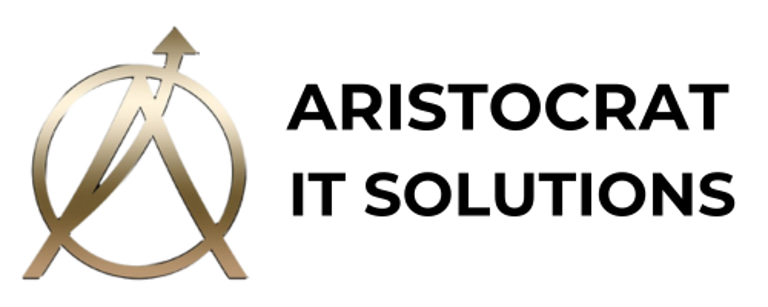Writing a Strong Discussion Section: Strategies and Tips


"A researcher deeply engaged in writing the discussion section of a research paper, surrounded by books and articles in a focused and scholarly environment."
The discussion section is a critical component of a research paper, where you interpret your findings and discuss their implications. This guide provides strategies and tips for writing a strong discussion section that enhances the impact of your research.
Introduction: The Purpose of the Discussion Section
Definition: Explain the purpose of the discussion section in a research paper.
Importance: Discuss the significance of a well-written discussion section in interpreting findings and providing context.
Structuring Your Discussion Section


"A researcher structuring the discussion section of a research paper, carefully organizing key points and notes in a focused environment."
Overview of Findings: Begin with a summary of the key findings.
Interpretation: Interpret the findings in the context of existing literature.
Implications: Discuss the theoretical, practical, and policy implications of your findings.
Limitations: Acknowledge the limitations of your study.
Future Research: Suggest directions for future research based on your findings.
Strategies for Effective Interpretation
Contextualize Results: Place your findings in the context of existing research and theories.
Compare and Contrast: Compare your results with previous studies to highlight similarities and differences.


"A researcher comparing their findings with existing literature, with academic articles and notes spread out in a thorough and detailed analysis environment."
Explain Unexpected Findings: Provide explanations for any unexpected or surprising results.
Discussing Implications
Theoretical Implications: Discuss how your findings contribute to existing theories and frameworks.
Practical Implications: Explain the practical applications and relevance of your findings to practitioners.
Policy Implications: Highlight the policy implications and recommendations based on your research.


"A researcher discussing the implications of their findings with colleagues, highlighting practical, theoretical, and policy implications in a strategic and reflective setting."
Addressing Limitations


"A researcher addressing the limitations of their study, with clear and transparent acknowledgment of potential biases in a professional and honest writing environment."
Transparency: Be transparent about the limitations and potential biases in your study.
Impact on Findings: Discuss how the limitations may have affected your findings.
Mitigation Strategies: Suggest ways future research can address these limitations.
Suggesting Future Research
Building on Findings: Propose areas where future research can build on your findings.
Addressing Gaps: Identify gaps in the existing literature that need further exploration.
Innovative Approaches: Suggest innovative approaches or methodologies for future research.
Common Mistakes to Avoid
Overgeneralization: Avoid overgeneralizing your findings beyond the scope of your study.
Ignoring Limitations: Do not ignore or downplay the limitations of your research.
Lack of Clarity: Ensure your discussion is clear, concise, and well-organized.
Final Thoughts: Enhancing the Impact of Your Discussion
Critical Reflection: Encourage critical reflection and continuous improvement in writing discussion sections.
Reviewer Insights: Consider feedback from reviewers and peers to strengthen your discussion.
Call to Action
Need help writing a strong discussion section for your research paper? Our professional services can guide you in crafting a clear, insightful, and impactful discussion section.
Enquire now at [wa.me/+919894595035?text=authorspark](https://wa.me/+919894595035?text=authorspark ) to get expert support.
Visit [www.AristocratResearch.com](https://www.AristocratResearch.com) for more information.
By mastering the strategies for writing a strong discussion section, researchers can effectively interpret their findings, highlight their significance, and contribute to the advancement of their field.
Address
Aristocrat intelli-Tech (iT),
3rd Floor, Centre for Advanced Studies,
Innovation Council, Sathyabama University,
OMR, Chennai - 600119.

